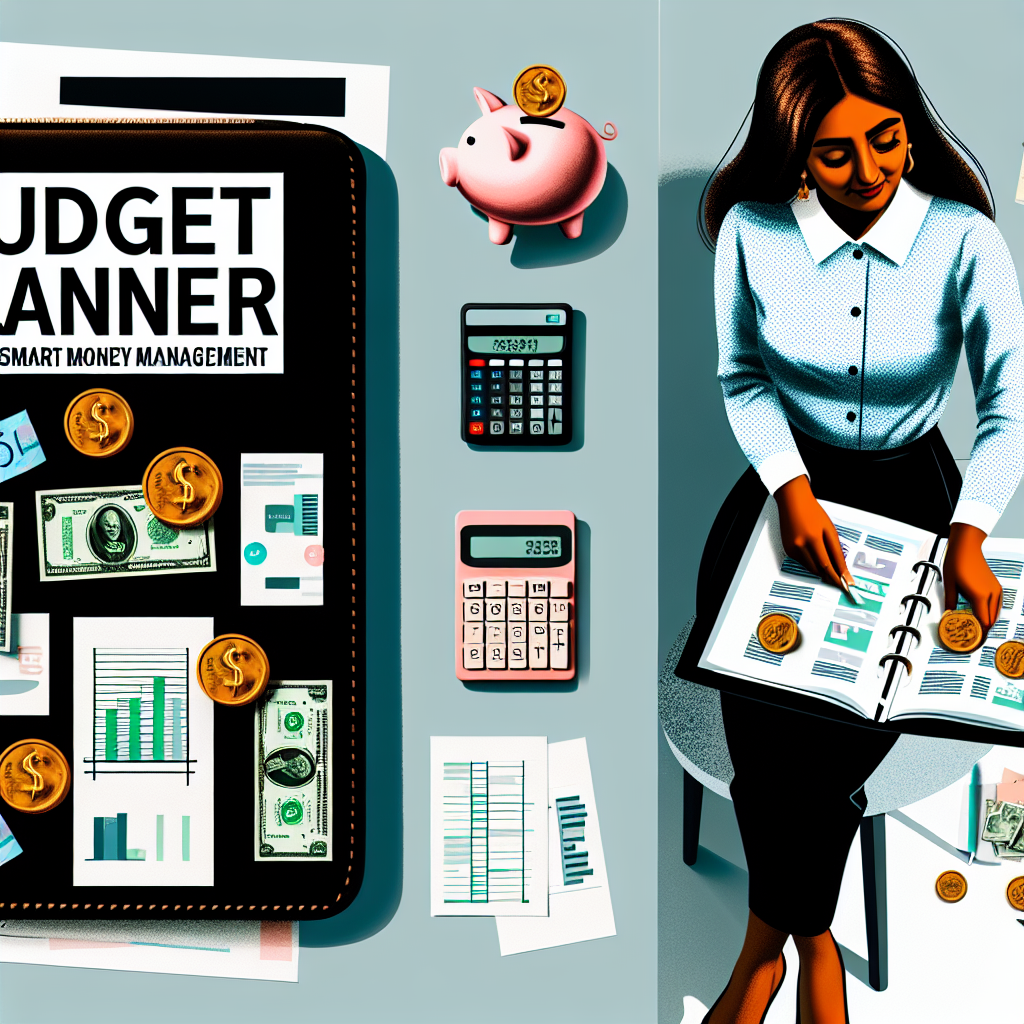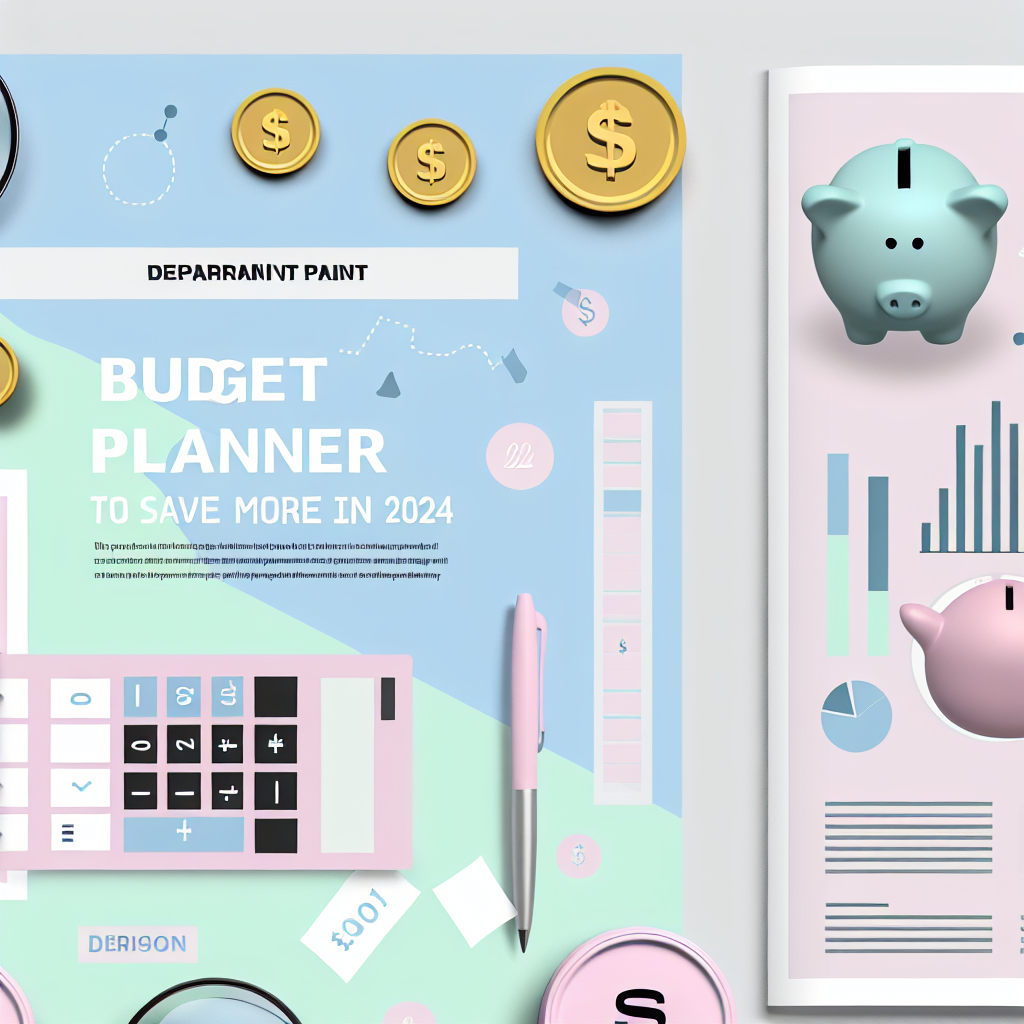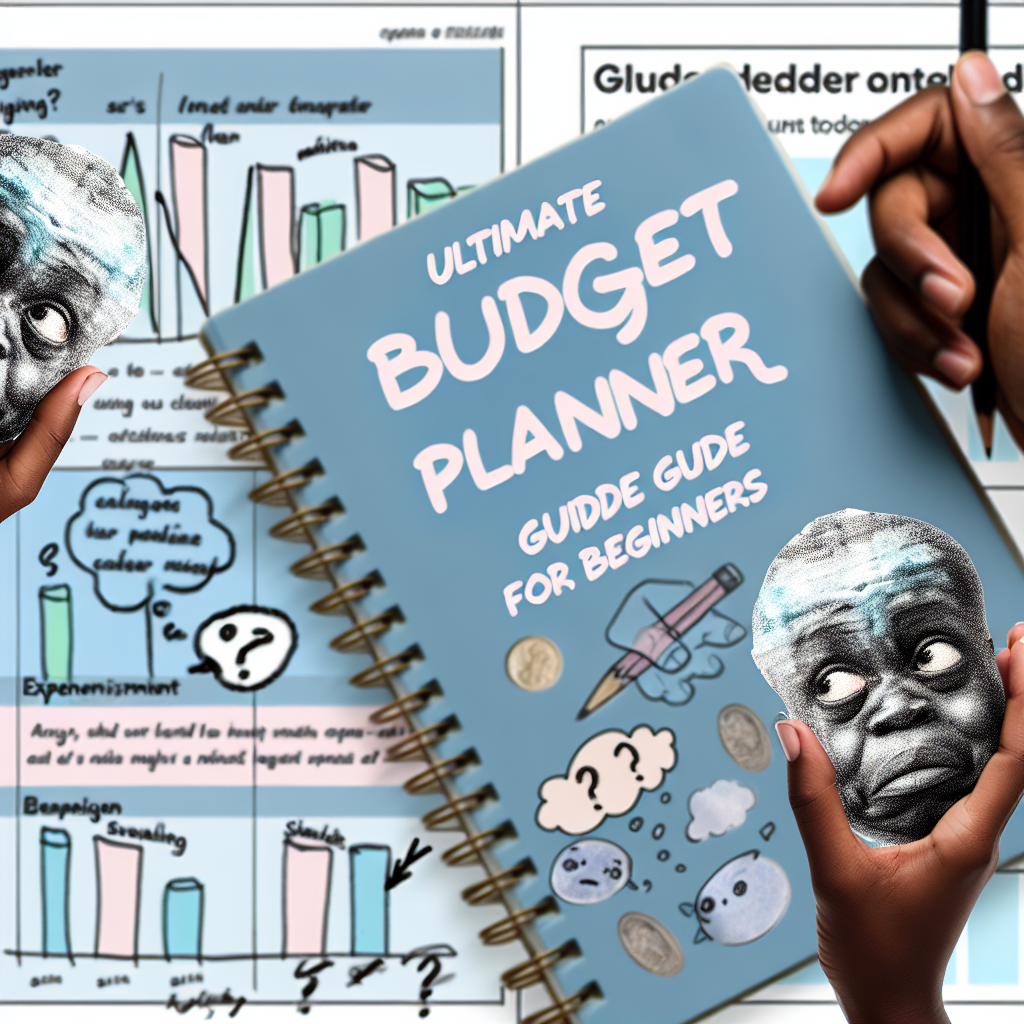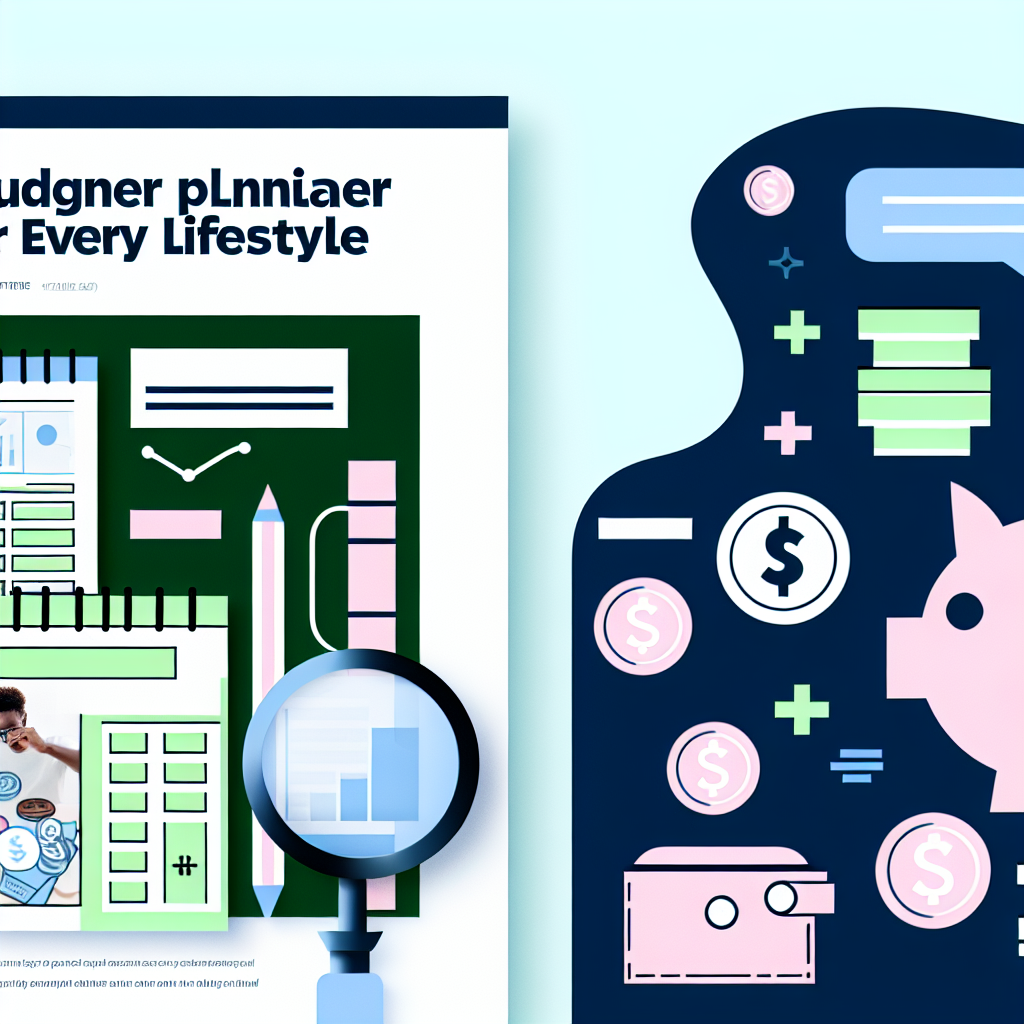=
I still remember the night I stared at my bank app, heart sinking as I realized I had less than $20 left before payday. Rent was due in three days, and my “budget” was basically a napkin with coffee stains and the words “NO SPENDING” scrawled across it in angry, shaky letters. Spoiler alert: it didn’t work. I’d blown through my paycheck faster than I could say “latte,” and here I was, panicking over whether I could survive the weekend on instant noodles and leftover ketchup packets.
That moment—equal parts embarrassing and terrifying—was my crash course in what I now call frugal tips: how to stretch your dollar further. It wasn’t about being perfect or suddenly turning into a coupon-clipping superhero. It was about learning, painfully and messily, how to make the little money I had last just a bit longer.
The “Aha!” Moment: Frugality Isn’t About Sacrifice, It’s About Respect
Here’s the thing I didn’t get at first: being frugal isn’t about starving yourself or cutting out all fun forever. It’s about respect—respect for your money and what it can do for you. My big “aha” came when I realized that stretching a dollar further wasn’t about pinching pennies until they screamed; it was about treating every dollar like a tiny, tired worker who deserved a break but also needed to be put to good use.
Suddenly, frugal tips became less about deprivation and more about creativity, patience, and a little bit of kindness toward myself.
How I Learned to Stretch My Dollar Further (Without Losing My Mind)
The first thing that actually worked for me was learning to cook simple meals at home. I’m not talking gourmet—more like “How many ways can I make rice and beans without crying?” At first, I was hesitant. Cooking felt like a chore, and I was terrified I’d waste money on ingredients I’d never use. But after a few tries, I found a rhythm. I’d buy a bag of rice, a can of beans, some frozen veggies, and suddenly, I wasn’t throwing money away on takeout every night.
Then there was the “weird trick” that changed everything: setting a tiny, ridiculous spending limit for fun money each week. I gave myself exactly $5 to spend on whatever made me happy—coffee, a cheap snack, or even just a lottery ticket (because hey, hope is free). This little act of permission stopped me from feeling like I was missing out and actually helped me avoid those impulsive $30 splurges that left me broke and regretful.
Another thing I learned was to embrace the power of waiting. If I wanted something non-essential—a new shirt, a gadget, a fancy dinner—I’d wait 48 hours before buying it. Sometimes, the urge passed. Other times, I found a cheaper alternative or realized I didn’t really want it that badly after all.
Oh, and I can’t forget the magic of tracking my spending. Not with some fancy app, but just jotting down every purchase in a little notebook. Seeing where my money went—down to the $1 gum and $2 bus fare—made me less likely to spend mindlessly. It was like shining a flashlight on my habits.
I Get It—This Feels Hard, Maybe Even Impossible
I know what you might be thinking right now: “This sounds hard,” or “I don’t have enough money to start.” Trust me, I’ve been there. I thought frugality was for people who had it all figured out, not for someone like me who once racked up credit card debt buying things I didn’t need just to feel better.
But here’s the truth: you don’t have to be perfect. You don’t need a fat paycheck or a fancy spreadsheet. All you need is a little patience with yourself and a willingness to try one small thing differently. Maybe it’s skipping one takeout night or writing down every coffee you buy for a week. These tiny steps add up.
One Small Step Today
So if you’re feeling overwhelmed or stuck, know that you’re not alone. I’m rooting for you, because I’ve been exactly where you are. Maybe today, just try this: before your next purchase, ask yourself if it’s really worth it or if waiting a day could change your mind. That tiny pause can be the start of a healthier, kinder relationship with your money.
Remember, stretching your dollar further isn’t about perfection—it’s about progress, one small, messy step at a time.
💡 Want more tips like this? Explore more ways to save funds and plan your budget wisely!







